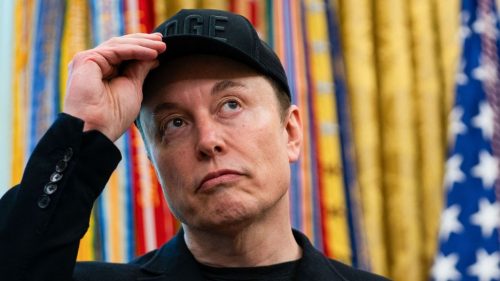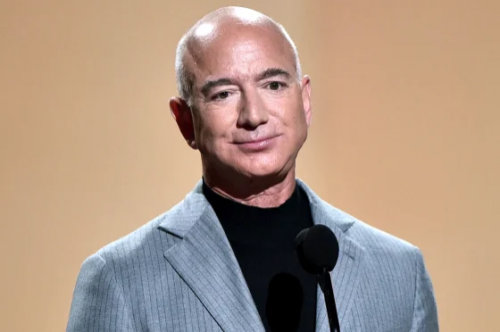We have entered the 4th industrial revolution in which disruptive advances with the Internet of Things, Virtual Reality, and AI are improving the way we live and work. But according to Andrew Yang, an interesting 2020 Presidential Candidate, this wave of massive technological change has decimated manufacturing employment and will soon automate away millions of American jobs.
Is he the only one voicing concerns?
You must have heard about Sidewalk Labs, a sibling company of Google, whose goal is to “imagines, designs, tests, and builds urban innovations to help cities meet their biggest challenges”, according to its website. Simply put, they are helping build smart-cities of the 4th industrial revolution. Its pilot city, called Quayside, located on the eastern waterfront of Toronto, would reportedly be “equipped with sensors tracking the speed of people crossing the streets and robots that could serve as trash collectors”. However, this project has been severely scaled back amid privacy concerns, resulting in a reduction in scope from a 190-acre plan to just 2 acres. Opponents, most of them local residents and privacy advocates decry the project as “a “Google affiliate” trying to turn cities into “corporate surveillance states, modeled after Disney-style developments and sold to police services and corporate partners.”
While Daniel L. Doctoroff, the head of Sidewalk, had cast the original plan as a manifesto for the city of tomorrow, the Quayside debate implies the need for a guidebook as to how to build smart-cities while ensuring the privacy of their residents.
The New York Times has more about this story.










